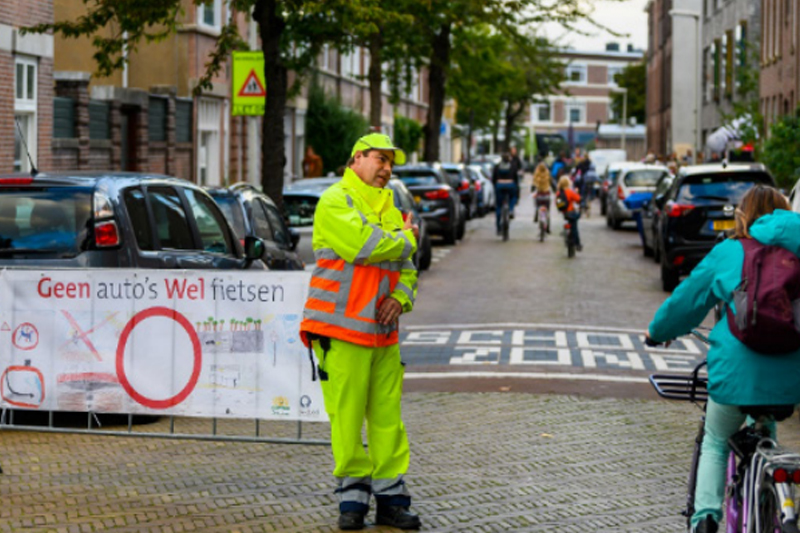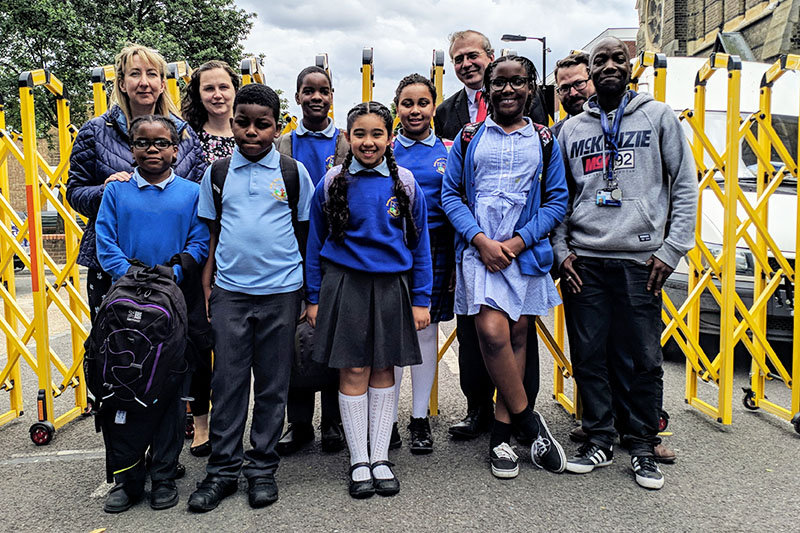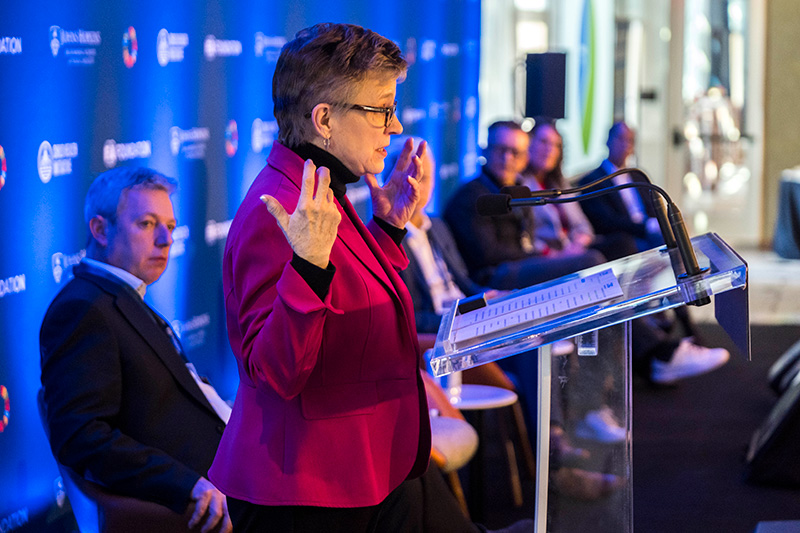Partnership for Clean Fuels & Vehicles: Urgent need to reduce air pollution
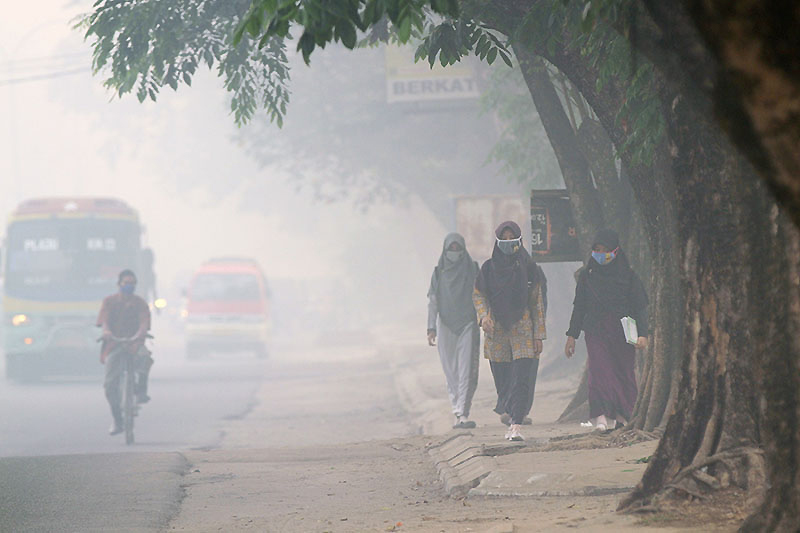
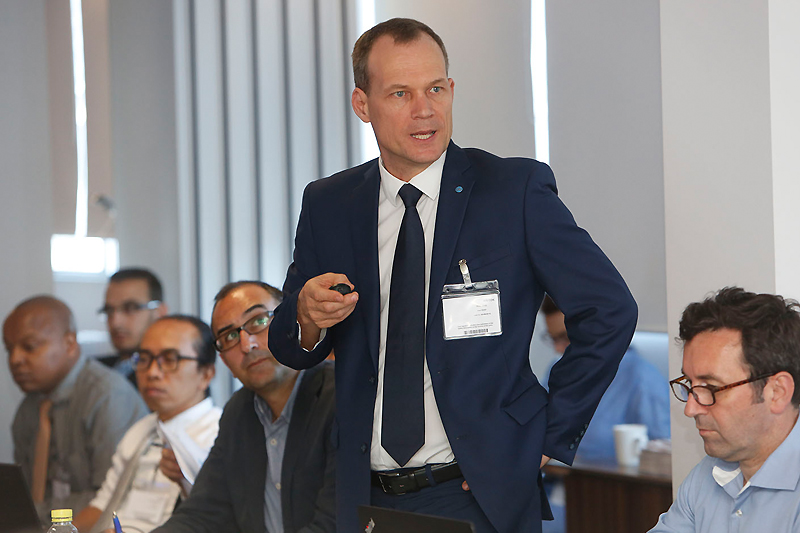
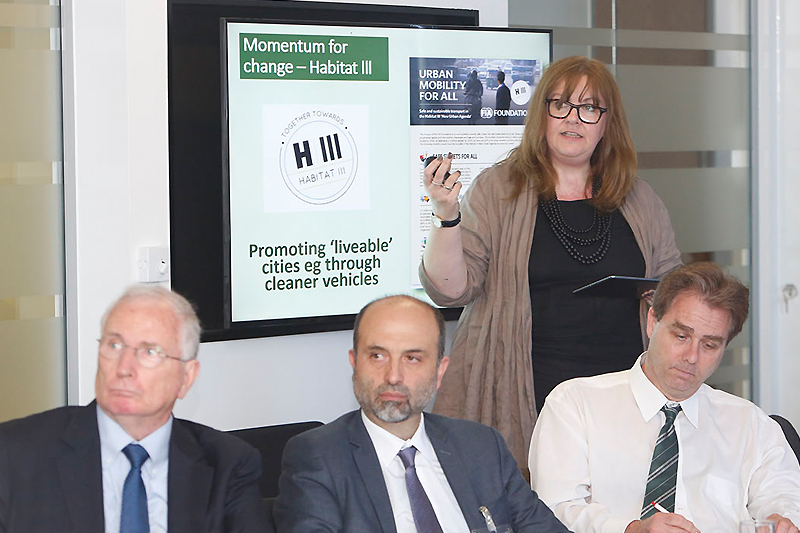
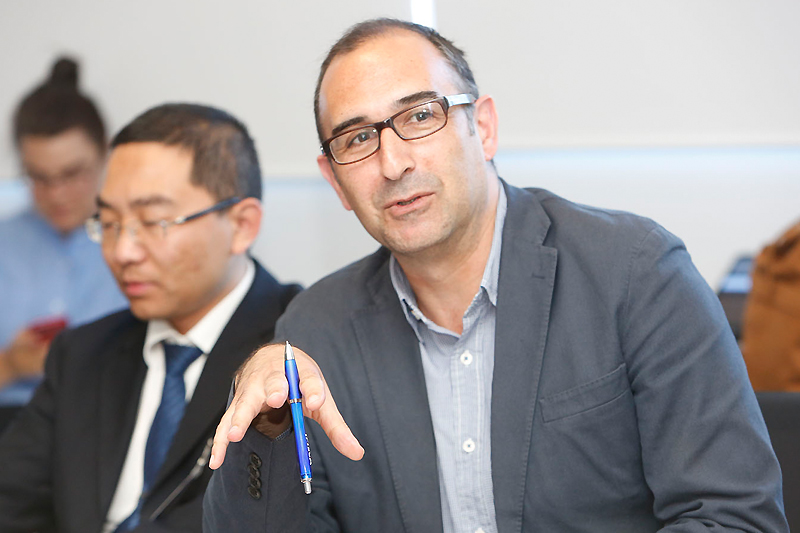
Urban air pollution is rising to the top of the environmental agenda and there is an urgent need to tackle the causes, including vehicle emissions, a global meeting of air quality experts has heard.
The 11th Global Partners Meeting of the Partnership for Clean Fuels and Vehicles (PCFV), was held in London on 6-7 June 2016. The meeting, hosted by IPIECA, the oil industry association, was an opportunity to discuss global and regional progress towards achieving the two main PCFV campaign targets. Chairing the meeting Rob de Jong, the UN Environment Programme’s Head of Urban Transport, described how air quality issues have risen to the top of the environmental agenda because of growing recognition of the massive health impact on health, including the effect on children.
The FIA Foundation has provided funding to PCFV for over a decade, and has helped to support a massive shift to cleaner fuels, and in particular the near elimination of leaded petrol, as well as significant reductions in the sulphur content of fuel.
The meeting heard how with only three countries yet to phase out leaded petrol, a global lead-free state may now be within reach. In addition, more countries and regions are increasingly lowering their sulphur levels in fuel, presenting opportunities to promote a systems approach to vehicle emissions reduction using the PCFV Clean Fuels and Vehicles Regulatory Toolkit.
At the meeting, partners discussed how to further the progress made by the regions to clean up their vehicle fleets as well as look into PCFV strategic issues that will impact on the PCFV’s future focus, such as the growing importance of electric mobility. Sheila Watson set out how the Global Fuel Economy Initiative aligns closely with PCFV and works closely with it to support countries to introduce measures that lead to cleaner and more efficient vehicles. She explained how this contributes to achieving global mandates such as the Sustainable Development Goals and the Paris Climate COP outcomes.
Sheila Watson, Deputy Director of the FIA Foundation and Executive Secretary of the Global Fuel Economy Initiative (GFEI) described the “shared DNA of our two initiatives” in working for clean and efficient vehicles. She emphasised the importance that of collaboration between GFEI and PCFV, saying “our messages are strengthened by being made together, and the solutions are better because they are delivered together” Many of GFEI’s in-country workshops are held in partnership with PCFV, and have a focus on the whole vehicle to ensure effective vehicle standards and emission reductions. This alignment is an important part of the FIA Foundation’s Safe, Clean, Fair and Green mobility for all agenda.
Moderating one of the sessions, the FIA Foundation’s Director, Saul Billingsley, introduced the new Global Initiative for Child Health & Mobility – which includes UNEP as a partner – and explained how it aims to promote the agenda and technical work of the PCFV through advocacy for child health.
